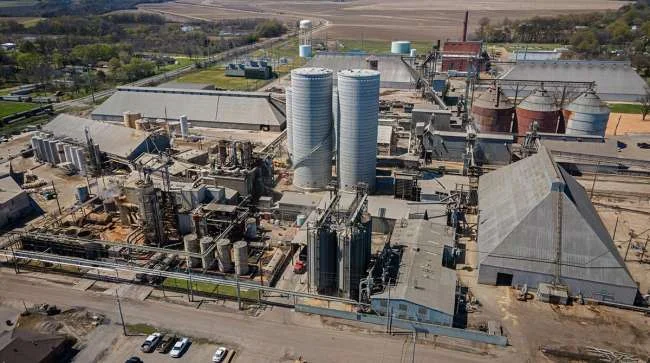On September 16, 2025, the U.S. Environmental Protection Agency (EPA) introduced a plan to reassign biofuel blending requirements previously excused under the Small Refinery Exemption (SRE) program. The agency proposed two primary options: reassigning 50% or 100% of the waived volumes.
Exploring Other Options
The EPA is also open to feedback on alternative percentages, such as 25%, 75%, or no reassignment at all. This inclusive approach encourages public input to fine-tune the final policy.
Industry Tensions Persist
By keeping options broad, the proposal may extend the ongoing conflict between oil giants and agricultural producers.
Both groups are vying for influence over U.S. energy and farming policies, particularly regarding how to manage these excused biofuel obligations.
Renewable Fuel Standard Explained
The Renewable Fuel Standard (RFS) requires refiners to blend billions of gallons of biofuels into the national fuel supply each year.
Those unable to comply can purchase Renewable Identification Numbers (RINs) credits from others who meet the targets. Smaller refiners facing financial hardship can apply for SRE waivers to bypass these mandates.
Recent EPA Moves
In August 2025, the EPA processed over 170 SRE applications pending since 2016. This action necessitated a strategy to redistribute the waived biofuel volumes. The agency is focusing on exemptions from 2023, as earlier RINs are no longer valid.
Shaping Energy Policy
The plan seeks to balance industry demands with environmental objectives. Stakeholder comments will guide the final decision, reflecting the broader debate on sustainable energy and agricultural priorities.






